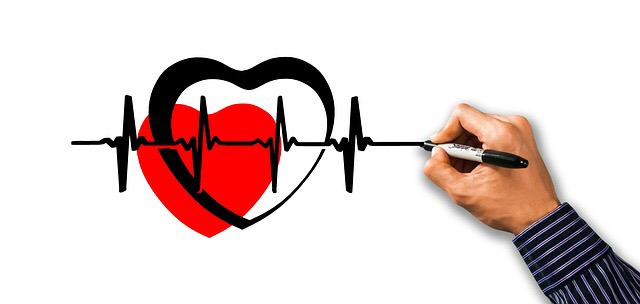Is it our job to Cure, or to Care?


“What we see, and like to see, is cure and change. But what we do not see and do not want to see is care: the participation in the pain, the solidarity in suffering, the sharing in the experience of brokenness. And still, cure without care is as dehumanizing as a gift given with a cold heart.”
—Henri Nouwen
Anyone who reads my posts here knows that I read a lot from the works of Henri Nouwen. While I do not agree with everything he says, he offers wonderful insights into my life in public safety, particularly as a chaplain.
Lately, I’ve been meditating on the discussion of caring vs. curing in his book Out of Solitude. Here are a few things that I have been thinking about.
First, what does it mean to approach someone intending to cure? How do I and other first responders exhibit this towards the people we are called to help?
Second, what does it mean to care? Does caring negate curing, or can the cure be found in our heartfelt care for our fellow human beings?
Third, can there be care when there is no cure? What does that look like for someone like me with a type-A, get-it-done personality? What does my struggle say about my faith in God? What does it say about the nature of God?
As an EMT/firefighter, my objective has been to cure. I want to get in and effect the rescue, save the property (or as much of it as I could), prevent further loss, and get out. I wanted to bring a cure in 20 minutes, after which all would be good (or as good as possible, or someone else’s problem).
I’m sure my care reflected that attitude. People didn’t have names, just addresses, and conditions. It was this older person at the group home or that younger person who couldn’t control his type-1 diabetes. I could cure the emergency or get them to help, but I’m sure I rarely cared about who they were and the story that brought us together. This must have come across in how I interacted with them.
At times, I have had the same attitude or approach as a chaplain. I want to stop the grief or despair and get the person back to wholeness as quickly as possible. I don’t like the deep emotional pain of life. I want to find the 20-minute cure, not care for them, and walk with them for the long haul. And I realize that this has been my attitude toward others and myself. How often have I sought the 20-minute cure for the wounds I’ve received as a chaplain and first responder when long-term care was what God was offering?
I wouldn’t be much of an EMT and first responder if I didn’t try to bring a cure to my patients. And I’m sure I wouldn’t be a good EMT if I cared too much, as it interfered with my medical professionalism. We need a balance between curing and caring.
But as a chaplain and person of faith, I have realized that caring must come first. This is the example I see in Jesus, as he had compassion on people and then affected the cure, be it with fish and loaves or healing.
I can train chaplains. I can teach history, the law, proper procedures, what to say, and where to go. But that affects the cure, not the care. Caring is not a natural thing for me. It must come from deep within, from having touched the heart of God and experienced that care for myself. It also comes from looking at people from God’s perspective and seeing how He cares for them and others. He is the one who teaches me the definition of caring and then He gives the example for my heart.
How is He touching your heart to care?
